What to Do If You Can’t Buy Before You Sell?
Low stock levels and a lack of choice of properties available for sale in Scotland are leading to rising prices, Closing Dates and properties being snapped-up after only a few days on the market.
For people who need to sell their existing home before buying another, the fear of not being able to find a property to buy after they have sold is making many potential property sellers think twice about getting their property onto the market. Changes to Land and Buildings Transaction Tax (LBTT) in April 2016 have not helped either.
However, the decision to sell your existing property before buying your next home need not be terrifying and, if you take some of the steps outlined below, it can even help you to get a better price for the property you are buying. We’ve pulled together the following tips for home movers to help you to make the most of a challenging market for property buyers!
The Background: Low Stock and a Tax Penalty for Property Buyers Who Buy First and Sell Second
It has been widely reported that there is a lack of property stock coming to the market in 2016, with property buyers experiencing a lack of choice amongst homes currently on the market. This shortage means that there is high demand for properties that come to the market and, with properties regularly selling for well in excess of the asking price, there really hasn’t been as good a time to sell a property for several years. However, for property buyers this means that it’s far from plain sailing.
For property buyers who have a property to sell, the situation is even more difficult. With properties selling so quickly, there is little chance of finding their dream property and, only then, making the decision to put their existing property on the market. Buyers are often gripped by the fear of finding themselves without somewhere to live if they take the plunge and get their own property on the market before finding their next home.
Changes in the Land and Buildings Transaction Tax (LBTT) regime in Scotland have made selling your existing property before buying another one even more important. From 1 April 2016, anyone who buys a second property before selling their existing home will have to pay a supplementary tax of 3% of the whole purchase price, over and above the LBTT that they would have already had to pay on the property. They can reclaim that LBTT payment as long as they sell their existing home within 18 months of buying their new home. However, unless you can afford to be out of pocket for several weeks, it makes the task of finding your new home before selling your existing one even more important…and nerve-wracking.
Why you probably should not wait to buy before you sell
The temptation is of course to delay getting your own property onto the market until you have found your dream property. However, most estate agents won’t entertain an offer from a buyer who hasn’t already sold their own property. In some cases, solicitors won’t even submit an offer for a buyer whose own property isn’t on the market because they know it will not be accepted. So home movers really do need to bite the bullet and get their own homes onto the market before having the certainty of having found their new home.
What to Negotiate If You’re Selling Before Buying
If you do go ahead and put your own property on the market before having found your next purchase, you can hold-out for a long Date of Entry as a condition of your house sale.
The average length of Date of Entry is around 6 to 8 weeks from the date of the initial Offer. However, as a property seller you can insist on as long a period as you like, as long as your buyer can accommodate it. This can of course limit the number of buyers who will be able to buy your home and it could therefore affect the sale price that you achieve. The more flexibility you can show when it comes to the Date of Entry, the more money you are likely to get for your property sale.
What Can You Do to Take the Pressure Off Yourself If You’re Selling Before Buying?
There is always a possibility that you won’t find your dream home before the buyer of your existing property is due to move in.
You can take a lot of pressure off yourself, and hold-out for the very best offer on your own property, if you plan what you will do in the event of selling your own property and not having a new property purchase to move into.
There are four things you should consider if you want to make the transition as smoothly as possible.
- Temporary accommodation
- Storage
- Packing
- Finance options
Temporary Accommodation
There are a number of options available to you if you are looking for temporary accommodation. If you are lucky enough to have friends or family with a home large enough to accommodate you, you might have an easy solution. If you have children or pets, this can of course be more difficult.
You might consider that it’s best to find a rental property. In that case, your minimum lease time will tend to be the minimum Short Assured Tenancy term of 6 months. Remember when you are doing your sums that you will need to put down a deposit as well as the first month’s rent before you move in. This has the advantage of giving you some guarantees about the length of your stay as well as giving you a good amount of time to buy a new home.
The downside of a longer-term rental like this is that, if you do find your new home quickly, you will have to pay for the remainder of your 6 month lease.
If you are interested in more flexibility and hope to find your property purchase quickly, you might be more attracted to the idea of short term lettings companies who specialise in rental periods of less than 6 months. You can also have a look on AirBnB for property owners who let their properties directly to the public without engaging lettings companies. Many of these owners or rental agencies will offer discounts for people renting-out a property for several weeks at a time.
Some people who sell and temporarily go into rented accommodation actually love the change and stay there for several years. Some lucky people who found themselves in this position in late 2007 breathed a sigh of relief when the property market crashed just after they had sold their existing property at the height of the market, so there can be upsides to taking this approach depending on your timing.
Storage
It’s amazing how much we accumulate through the years and, if you have children, this increases exponentially!
Specialist storage is generally cheaper than an extra room or two in rented accommodation. You might also find that your preferred rental accommodation is furnished, giving you no option but to arrange for your furniture to be stored elsewhere until you find your new home.
There are a number of different storage options and many storage companies offer significant discounts for the first few weeks in the hope that your storage needs will extend beyond that period. If you are only planning on using the storage facilities for a few weeks, this can save you a lot of money.
Storage can be a lot more affordable than you might think and many people, after putting some of their belongings into storage, decide that this is a good longer-term option. It’s certainly cheaper than having to buy a larger house to accommodate those baby clothes that you might not use for another 3 years!
Some companies, like FlexiStore (http://www.flexistore.co.uk), deliver a storage box that can be parked outside your home and then collect it when it is full, allowing you to pack at your leisure. Others will provide you with a van or with removal specialists who will pack and move your belongings for you.
Your need to access your belongings whilst they are in storage can affect the cost too, so consider whether you are happy to put your belongings into storage that isn’t accessible at a moment’s notice in return for financial savings.
Packing
Whether you are putting your belongings into storage or moving home, you can save a lot of money by taking the time to order packing materials for yourself, in advance. Storage and removals companies make a small fortune from selling packing materials to people who leave their packing arrangements to the last minute.
Amazon and eBay are probably the most convenient destinations to head to for this.
We found 75 metres of bubble roll for less than £23, 10 high quality storage boxes for less than £16 and 100 metres of polythene dust roll for just over £6 on Amazon. If you have an Amazon Prime subscription, you would benefit from free, next day delivery too.
We would recommend getting started sooner rather than later with your packing and, ideally, before your home goes on the market. It’s amazing how much you end-up simply throwing-out when you have the choice of moving it, storing it or getting-rid of it!
Finance Options
Finally, you need to look at finance options. You might actually find that it’s affordable for you to buy your new home whilst retaining your existing home, even for a short while, after you have purchased your new property. This might remove the need to find temporary accommodation or to rush into a purchase that your heart isn’t set on.
We routinely speak to clients who didn’t consider that this might have been an option. It might be that your current lender can’t offer you this option but that another lender in the marketplace will.
It pays to take expert advice on this question from an independent, whole of market mortgage adviser. They can search through all of the lenders in the country and find the very best option for you. The couple of hours that it takes to speak to an adviser could be the difference between a smooth transition between your current home and your dream home or several months in rented accommodation.
Of course, from 1 April 2016, you have to factor-in that you will have to pay the government 3% of the whole purchase price by way of a supplementary Land and Buildings Transaction Tax (LBTT) charge and that you can only reclaim this when your existing property sells. However, you might find that, after taking advice, the mortgage on your new home requires a lower deposit than you had originally planned-for, making this approach affordable for you in the shorter term.
For More Information
If you would like more information about what to do to ensure that you have all bases covered when you are selling your home, just give our expert team a call today on 0345 646 0208 or email [email protected].

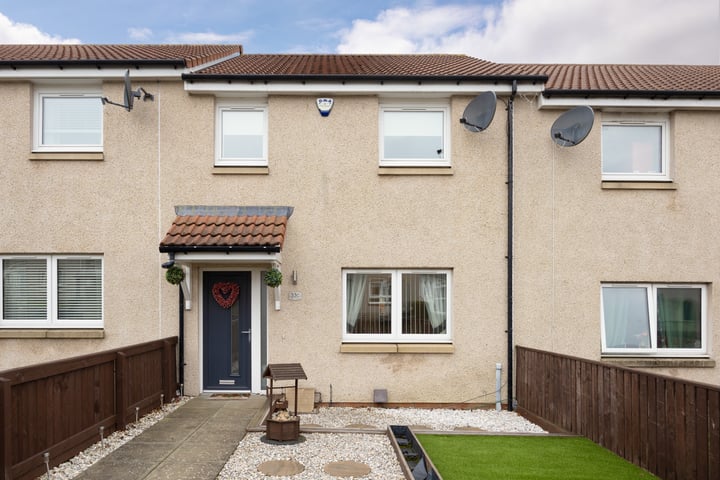
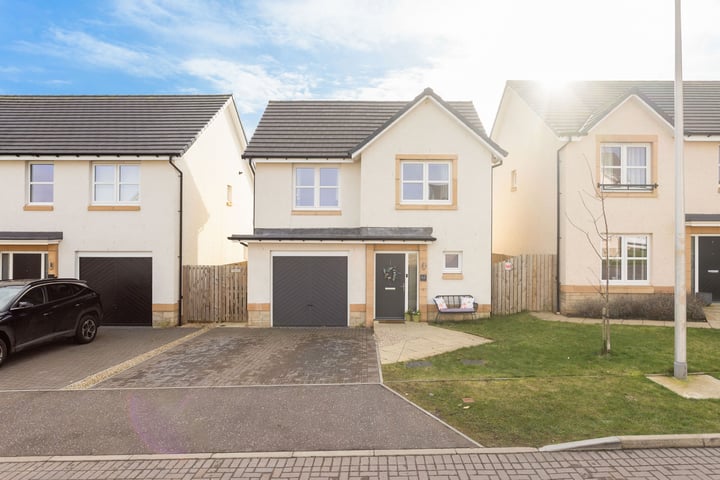
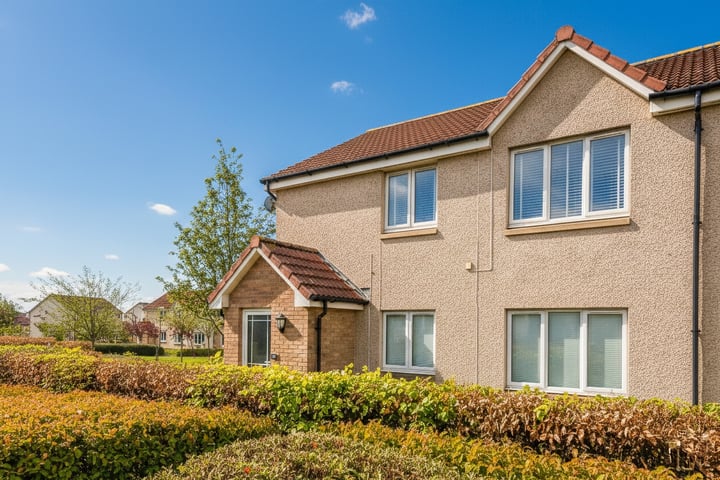
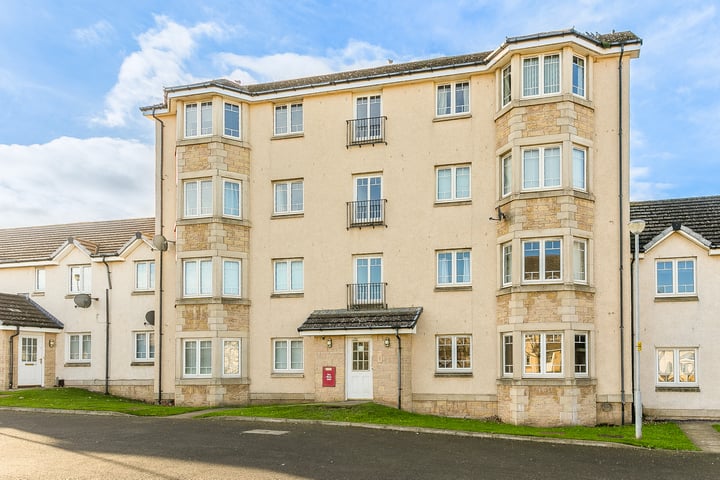
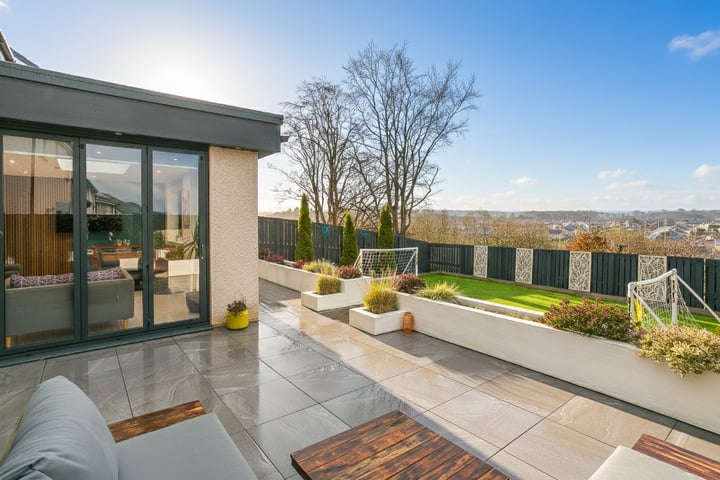
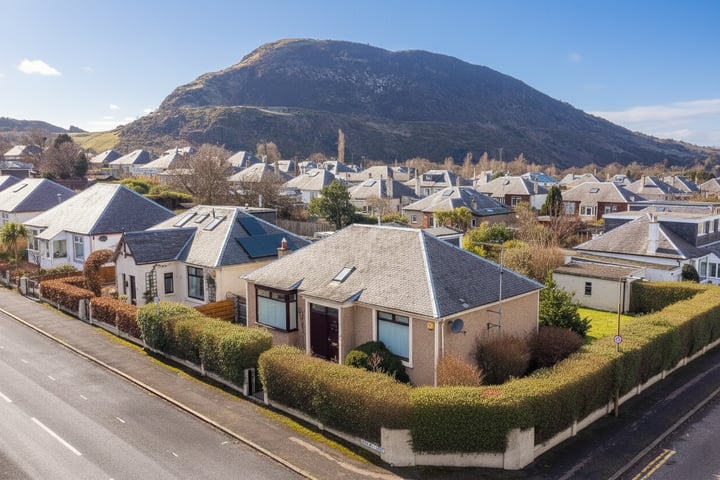
Leave a Reply